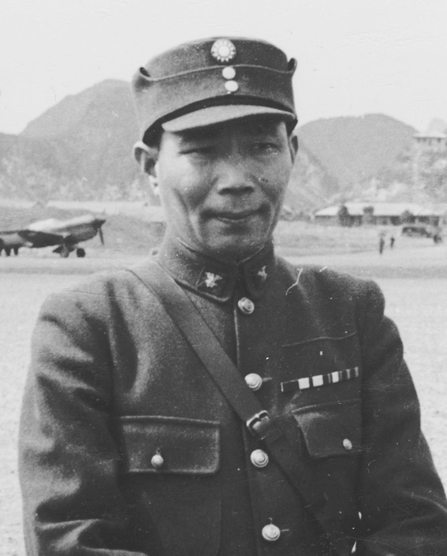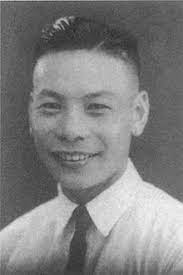Cheng Yü-hsiu (1891-16 December 1959), was the first woman lawyer in republican China and the wife of Wei Tao-ming (q.v.), studied law in Paris, practiced in Shanghai, and became president of the second special court in the French concession. In 1928 she became a member of the Legislative Yuan, and from 1931 to 1937 she […]










